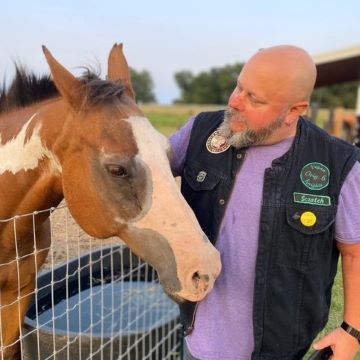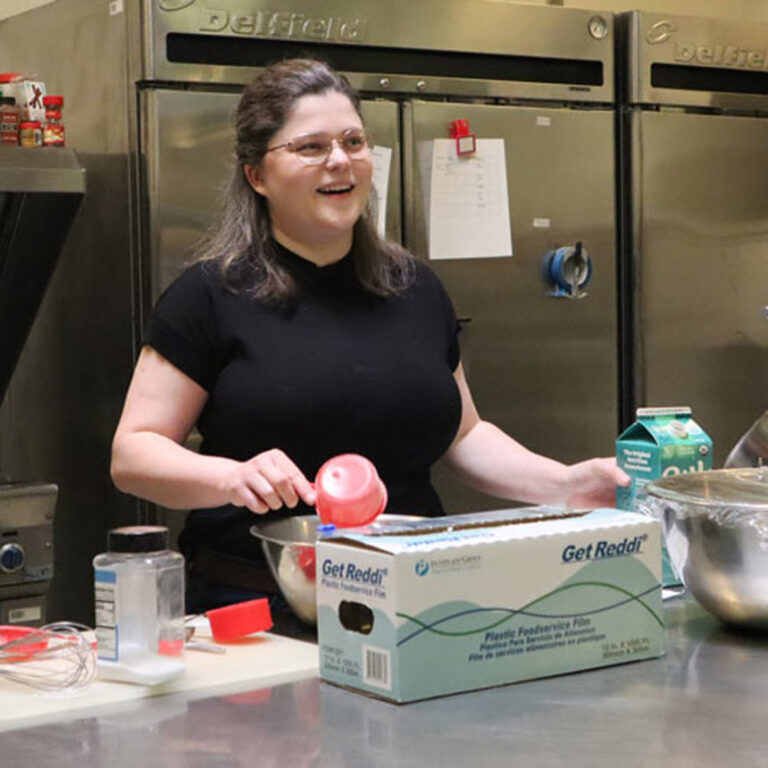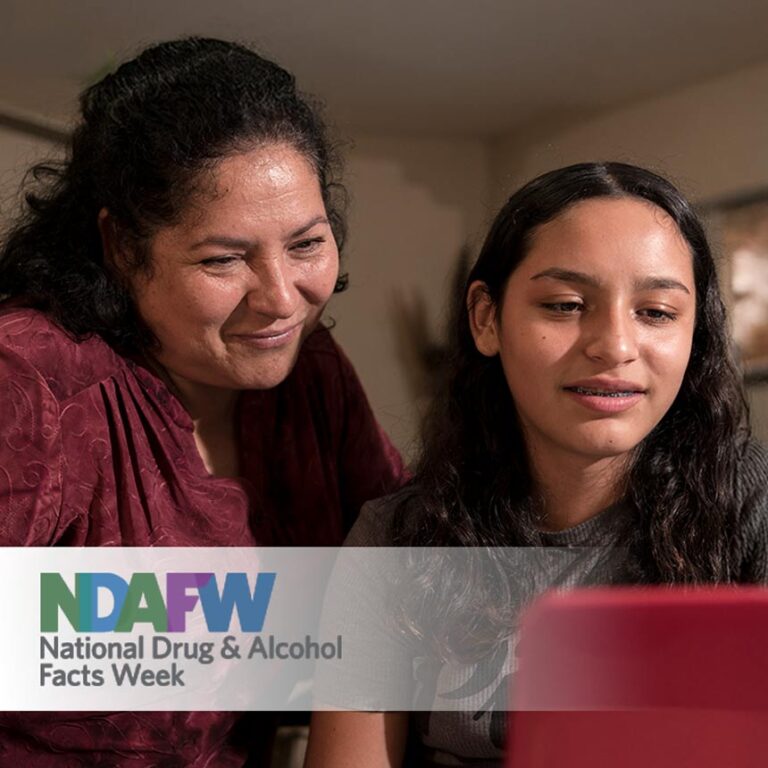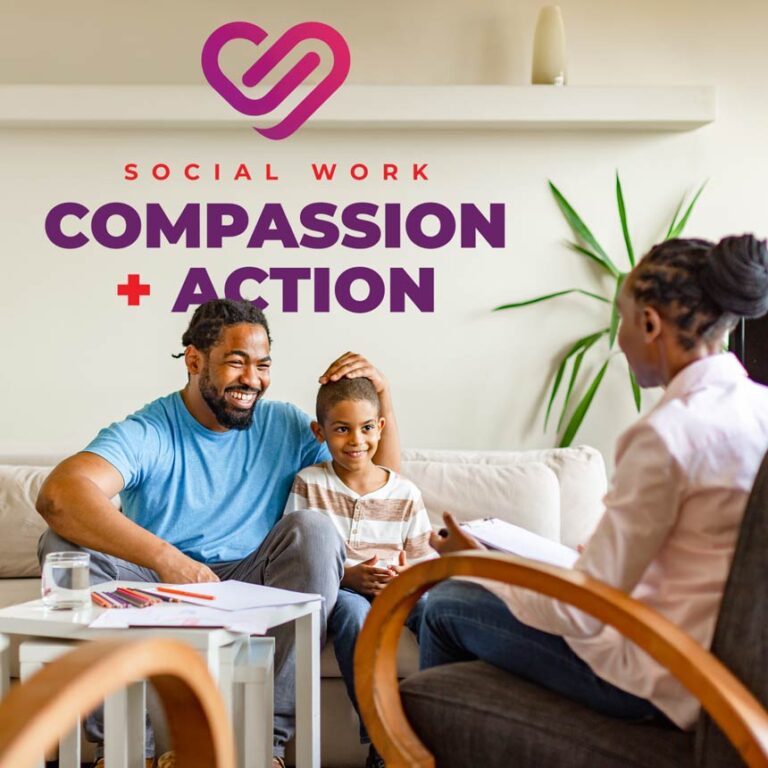
When LifeWorks NW Resource Specialist Wendy went back to school in her 40s, she found herself with a big loan to repay.
“I went to school for 5 years for my bachelors, so that I could get the mental health and services track, and so I could get the addictions track and be a drug & alcohol counselor, too,” says Wendy.
Wendy read an article in LifeWorks NW’s staff newsletter two years ago and was excited to learn about the Public Service Loan Forgiveness program (PSLF).
“Public Service Loan Forgiveness requires that you work for a non-profit for a number of years, make regular payments to your loan and then get your employer to sign off on the paperwork,” says Ronell, vice president of HR and Organizational Development. “We have other employees whose federal student loans benefitted from this, too.”
When Wendy was approved for her PSLF, she says that day was like Christmas.
“What a gift, right?” she said. “I was tickled pink when I got my last statement and I only have 17 payments left before the loan is forgiven. I ran outside and told my husband, look at this! It really is a rewarding thing to stay with LifeWorks [NW]. I’ll have about $35,000 written off; that’s a huge amount of money. Student loans are our biggest debt right now, [so when the time comes] it will make retirement a lot sweeter.”
Wendy says one of her Addiction Services co-workers at LifeWorks NW has had her full remaining loan forgiven, which is really exciting.
“I tell everyone to do it,” she says. “And you don’t have to have a master’s degree to get it.”
To be considered for PSLF, simply submit a PSLF form. The easiest way to do this is by using the PSLF Help Tool to:
- Check to see if your employer is already in the employer database.
- Request that your employer’s eligibility be reviewed if it is not already in the database or has not yet had its eligibility determined.
- Prepare and sign your PSLF form, and request certification and signature from your employer—all electronically.
- Generate your PSLF form for manual signature and submission to the PSLF servicer (if electronic submission isn’t possible).
“And there also is the 403(b) Benefit-Ed that employees can access,” says Ronell. “Employees, regardless of their position with LifeWorks NW, can use some of their 403(b) contributions to repay their student loans through payroll deductions. It is especially valuable for our younger employees who aren’t as focused on retirement. And it is a great option for non-clinical as well as clinical staff.”
LifeWorks NW strives to help our staff in a wide variety of ways, and helping them seek loan repayment is just one of many.










